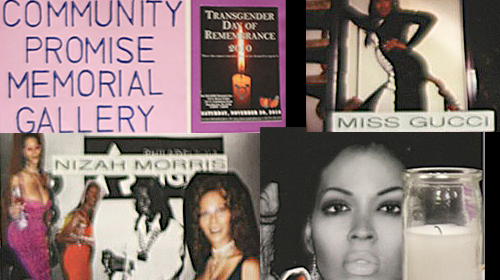
The past few weeks have been pivotal for conversations about LGBT people in the public discourse. Just days after Olympian Bruce Jenner announced to Diane Sawyer and 17 million viewers that he is a woman, leading gay rights advocate Mary Bonauto argued for marriage equality at the United States Supreme Court.
There is good reason to believe that the decades-long fight for marriage for same-sex couples will be concluding on the side of love and equality. And as that fight (fingers crossed) comes to at least a formal end, many have assumed that transgender rights will become a key legal and political project that follows marriage equality.
Yet that narrative obscures the important reality that the struggle for justice for transgender people preceded the fight for marriage equality, continued throughout that fight, and will persist long into the future. Inevitably, as we come to understand the common humanity of trans people, our stories and struggles will become a part of the public consciousness.
At the same time, we mustn’t perpetuate such an ahistorical view of the struggle for justice for trans people that only begins where the fight for marriage equality leaves off. While it may well be the “Transgender Tipping Point,” it is only because trans people have been fighting in the streets, in the courts, in prisons and jails, and in legislatures for decades.
Led by trans women of color, that fight is not just one for equality but also for survival.
It is a demand to be understood as human in the face of institutional, systemic, and interpersonal violence.
It is a demand for accountability in the face of police profiling and targeting.
It is a demand for worker’s rights, for health care, for equality.
It is as simple as a demand to use the restroom in peace.
It is as nuanced as the demand to be visible and understood as existing outside of the gender binaries that organize our legal and social structures.
As The New York Times today recognized, it is a request “to come out in a nation where stories of compassion and support vastly outnumber those that end with a suicide note.”
The call for justice for trans people is not merely what comes after marriage. It is a call that has been animating our movement for as long as there has been one.

